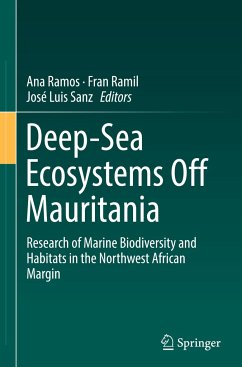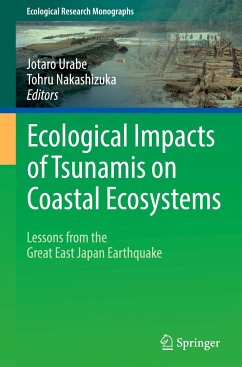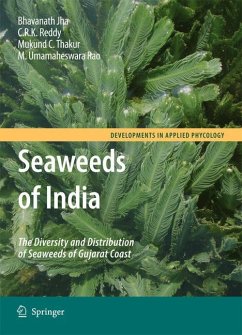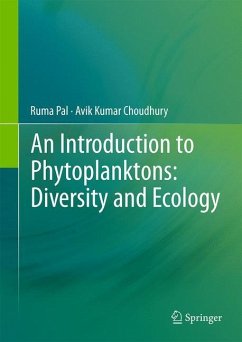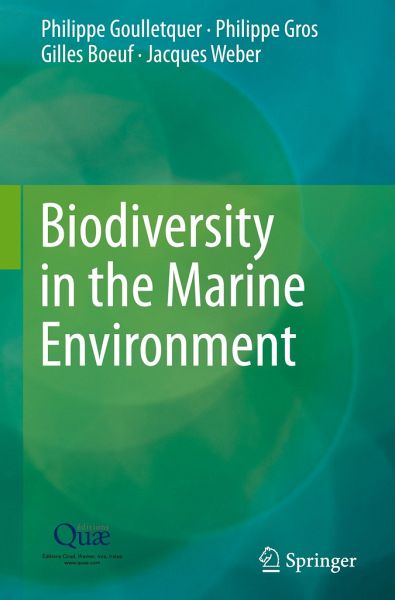
Biodiversity in the Marine Environment
Versandkostenfrei!
Versandfertig in 6-10 Tagen
76,99 €
inkl. MwSt.
Weitere Ausgaben:

PAYBACK Punkte
38 °P sammeln!
The oceans cover over 70% of our planet. They are host to a biodiversity of tremendous wealth. Its preservation is now a global priority featuring in several international conventions and a confirmed objective of European policies and national strategies. Understanding the dynamics and the uses of the marine biodiversity is a genuine scientific challenge. Fourteen international experts have got together and identified five priority research themes to address the problem, based on analysing the state of knowledge.






